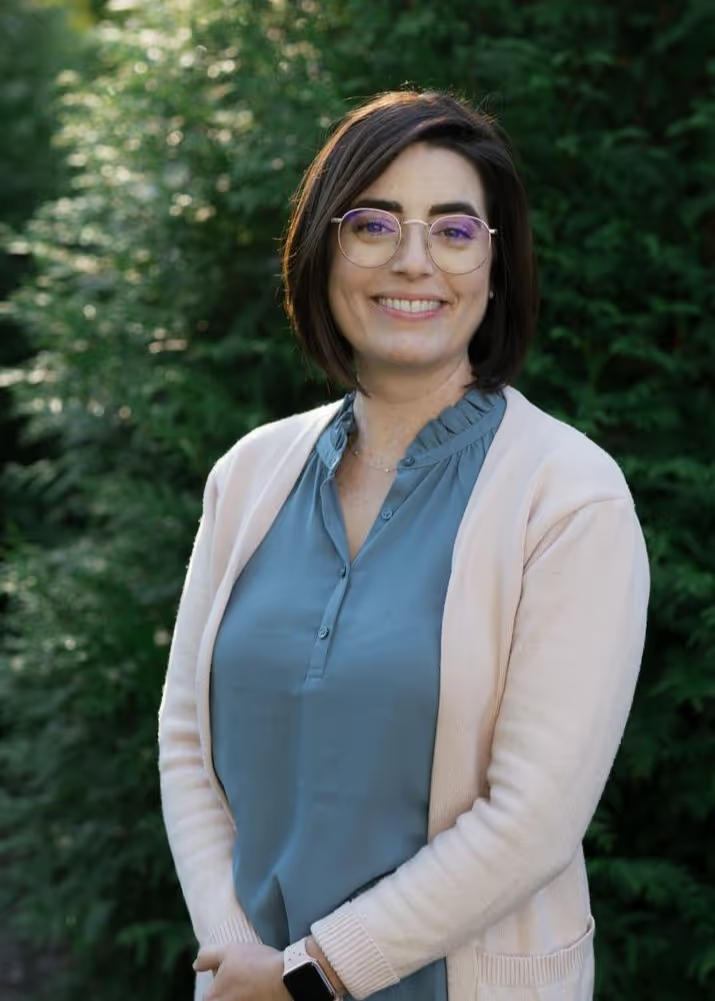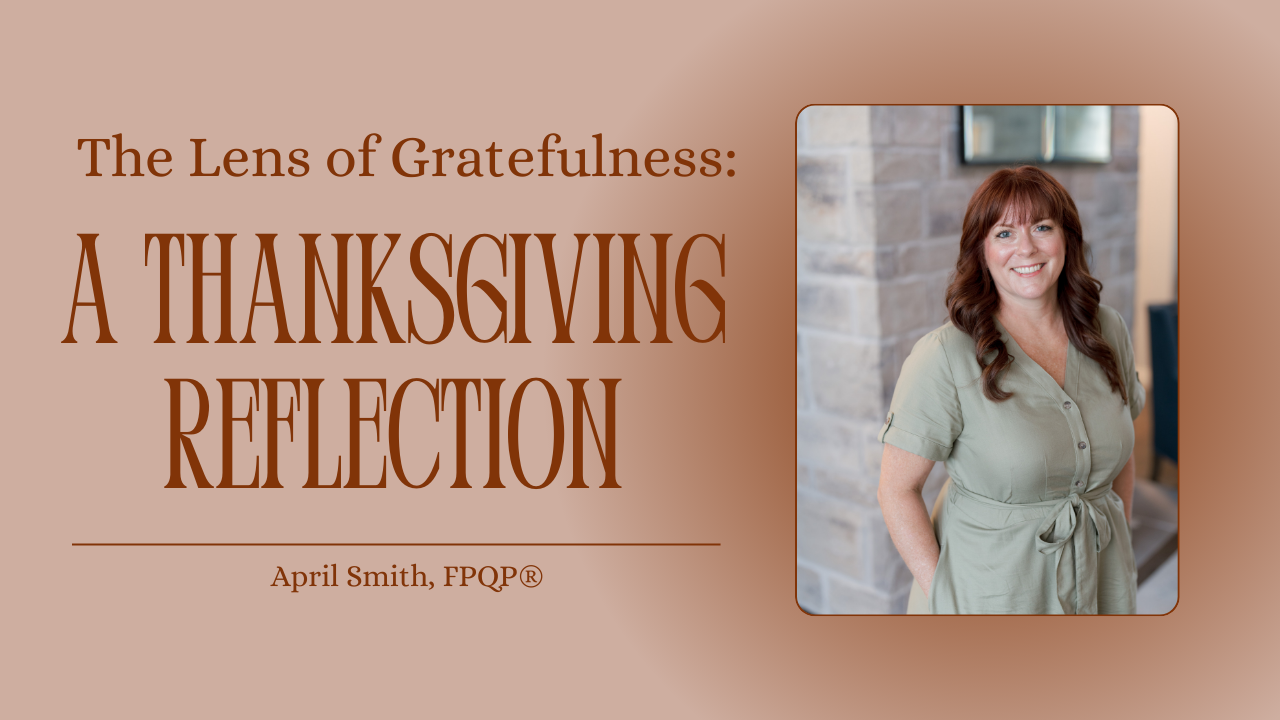Article By: Melissa Ballard, CFP®
The popular Netflix documentary, “Live to 100: Secrets of the Blue Zones,” shares stories of centenarians from around the world and their lifestyle secrets that lead to longevity. These areas of the globe where centenarians are concentrated are called “blue zones.” In his book, “The Blue Zones of Happiness,” Dan Buettner, the National Geographic author and host of the Netflix documentary, takes his research further to identify the areas of the world where the happiest people live.
I don’t know about you, but secrets to living to 100 doesn’t intrigue me as much as secrets to happiness. What’s the point in living to 100 if you’re not happy, anyway? There is inspiration in all the blue zone stories, but the Costa Ricans stole my heart. Maybe it’s the full-of-life José, the 100+ year-old cowboy who hops on the back of his horse more gracefully than I would have at age 20. Or perhaps it’s Zuniga, an avocado vendor, who won the lottery and gave it all away insisting when once again broke, “I couldn’t be happier.” Buettner notes that Costa Ricans “don’t get into the trap of overworking, overspending, and under-socializing.” Americans could surely take some lessons from the Costa Ricans in those areas. Additionally, they foster a culture of generosity they call Dios se lo paga, or “what you give in this life, God will pay back in the next.”
It’s easy for us to fall into the trap of believing that financial security = happiness. But we all know it’s simply not true. Are there financially secure happy people? Sure. But there are plenty of unhappy wealthy people and vice versa.
In addition to the blue zones study, there are many other studies that support and explore the link between generosity and happiness. A recent study published in Nature Communications conducted by scientists from Zurich University, found that the amount of generosity doesn’t influence the corresponding increase in happiness. Said differently, you don’t have to give a fortune away to experience an increase in happiness. The study found that even thinking about being generous increased happiness as measured by brain activity.
Similarly, Buettner doesn’t suggest that one must give a certain percentage of their annual compensation away to increase their happiness. Simply helping someone in a time of need or over-tipping your waiter will make a world of difference to your well-being and to the morale of our community.
In this season of giving that can sadly bring stress, and for many, the opening of old wounds, perhaps taking a lesson from the Costa Ricans’ culture of generosity would do us some good. Whether it’s the gift of resources in the monetary form or in the form of our time, the research is clear—generosity does increase happiness. So why not give it a shot?
Originally published in West Knoxville Lifestyle.
PYA Waltman Capital, LLC (“PYAW”) is an investment adviser registered with the U.S. Securities and Exchange Commission. Registration does not imply a certain level of skill or training. More information about PYAW’s investment advisory services can be found in its Form ADV Part 2, which is available upon request. PYA-23-44





.png)
